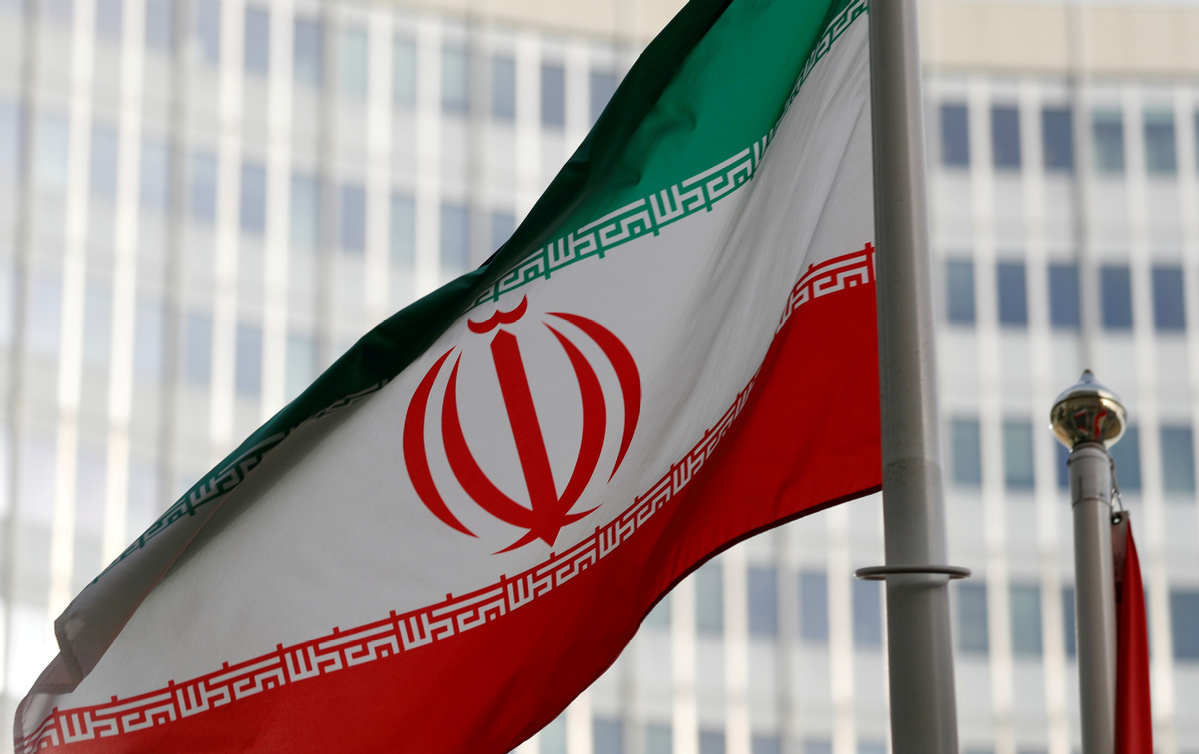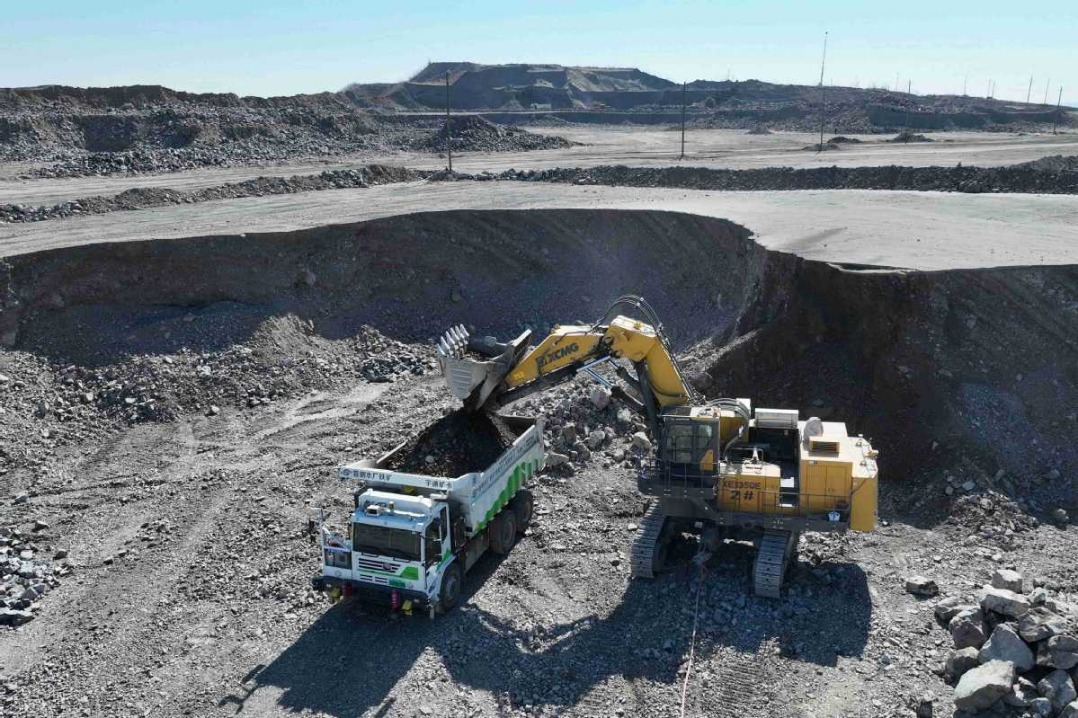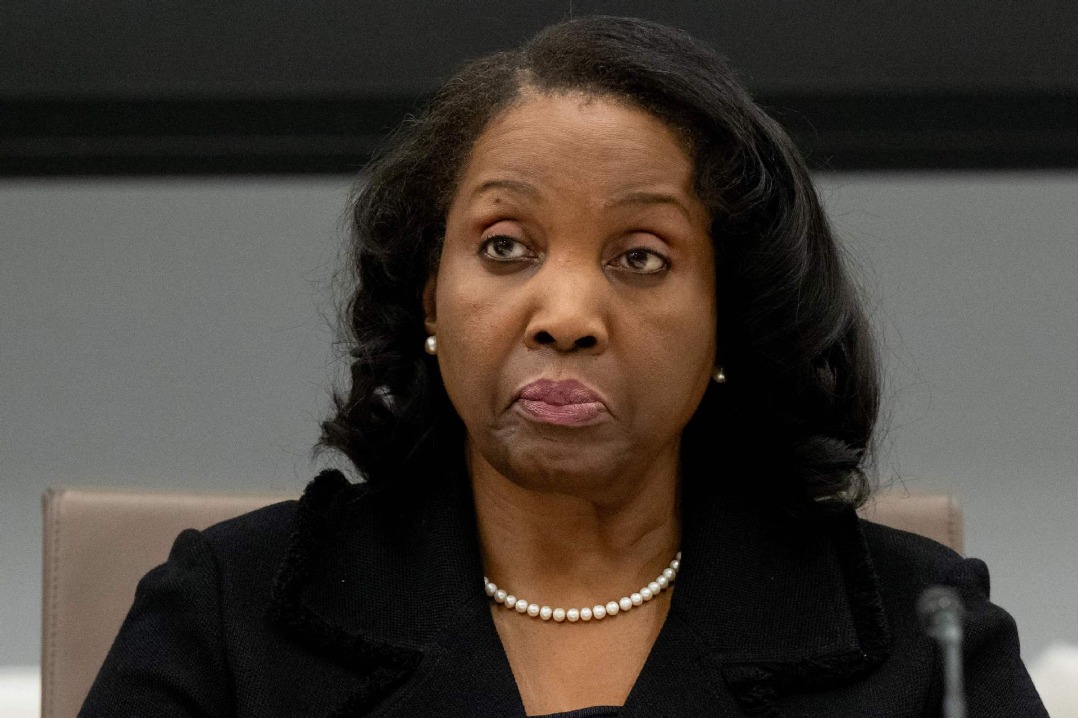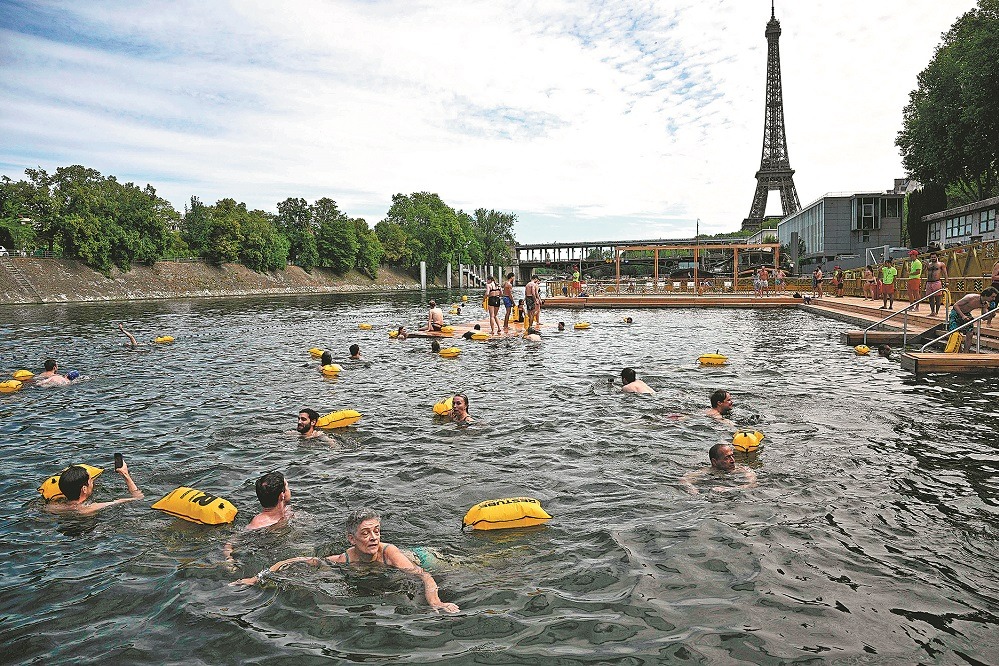Tehran allows IAEA's return amid pressure
US, Europeans threaten to reinstate sanctions as talks make little progress


Iran's decision to allow inspectors from the UN nuclear agency to its plant may signal a cautious move to ease increasing pressure mounted again by the US and the European powers, who have threatened to reinstate sanctions following little progress in diplomatic talks so far.
Iranian Foreign Minister Seyed Abbas Araghchi told lawmakers on Wednesday that the return of International Atomic Energy Agency's inspectors to Iran, confirmed by IAEA chief Tuesday, was solely to monitor the scheduled refueling of the Bushehr nuclear power plant, stressing that cooperation with the UN agency will fully comply with Iranian law, Tasnim News Agency reported.
He said that "no final text has yet been approved" on the new cooperation framework with the IAEA. Tehran has said repeatedly that cooperation will take "a new form" in the future.
During a visit to Washington on Wednesday, IAEA chief Rafael Grossi said the return of inspectors was important, confirming his agency was on hand to watch the fuel replacement at the Bushehr nuclear reactor earlier that day.
IAEA inspectors left Iran after Israel launched its unprecedented attack on June 13, a day after the release of an IAEA report on Iranian facilities. Israel struck nuclear and military facilities as well as residential areas and killed more than 1,000 people, and was joined later by the Pentagon with raids on nuclear facilities at Fordo, Isfahan and Natanz.
Iran fought back and sealed a ceasefire on June 24. But the attacks forced Iran to suspend its cooperation with the IAEA, citing the agency's failure to condemn the Israeli and US attacks.
The US and the E3, which refers to the three major European powers, the UK, France and Germany, agreed to set an Aug 31 deadline for invoking the snapback mechanism if Iran fails to meet several conditions, including resuming nuclear negotiations with the US and allowing UN inspectors access to its nuclear sites. But a Reuters report on Thursday cited a diplomatic source as saying the imposition of sanctions may begin sooner.
The snapback mechanism, embedded in UN Security Council Resolution 2231 that endorsed the Joint Comprehensive Plan of Action, or JCPOA, allows participants in the nuclear agreement to restore the UN sanctions against Iran in case of what they claim to be "significant nonperformance "by Tehran.
If implemented, the measure would again freeze Iranian assets abroad, halt arms deals with Tehran and penalize any development of its ballistic missile program.
'No legal ground'
Iran's Deputy Foreign Minister Kazem Gharibabadi said on Thursday that the E3 has no legal ground to trigger the snapback mechanism under the 2015 nuclear deal, stressing they have failed to honor their commitments for the past seven years, Tasnim News Agency reported.
He told state television on Wednesday night that if snapback was triggered, interaction with the IAEA would be "completely affected and halted".
"We have told the E3 that if this happens, Europe will, in effect, remove itself from the diplomatic arena and dialogue with Iran," he said, adding Iran would then only hold discussions within a UN Security Council framework.
Iran insists that the US, which unilaterally withdrew from the JCPOA in May 2018, forfeited its right to trigger the snapback mechanism, while the European trio have also lost standing after years of failing to honor their own commitments under the accord.
The permanent representative of Russia to the international organizations in Vienna has questioned the logic of the E3's decision to activate snapback mechanism of JCPOA, warning that the move will complicate matters further.
"If snapback happens tomorrow, the situation around the Iranian nuclear program will become much more complicated, to put it very gently," Mikhail Ulyanov said in a post on his X account on Wednesday night.

































